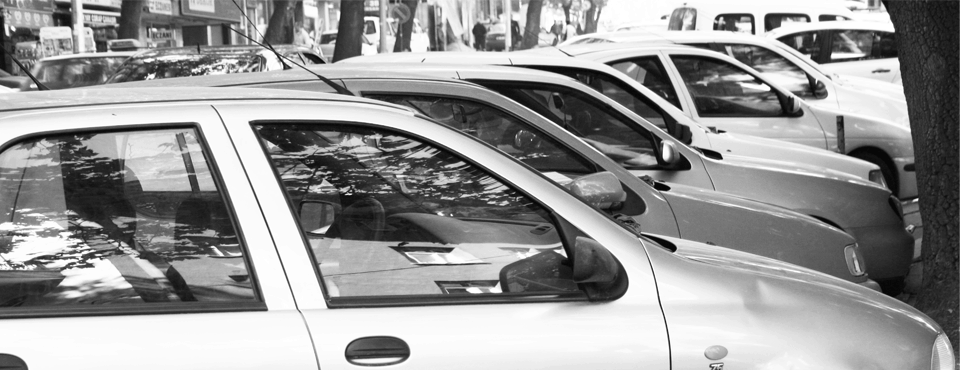
Parking and car ownership: Will cheap parking spaces increase car ownership?
Many cities in Europa are congested. A high population density and historic city centres imply that there is little space left that can be used for parking. Parking in European cities is therefore expensive. In the Netherlands residents can get a parking permit so that for them it is possible to park their cars close to their homes. In Amsterdam, households pay usually about €100 to € 400 for a yearly parking permit. Although households may think this is a lot, it is not much if we compare it with the prices that are paid on the market for parking spaces in the city centre of Amsterdam (about € 3.5 thousand). Also if we compare the costs for a permit with the price visitors have to pay (often € 5 per hour), the costs for a permit are incredibly low.
Economists then conclude that parking spaces are “subsidised” because there is a difference of a couple of thousand euros between what people are willing to pay and what the actual price is. This does not only hold for Amsterdam, but also holds for other cities in the Netherlands. In Amsterdam, this has led to long waiting lists up to four years for a parking space.
An important, but until now overlooked, issue is that these implicit parking subsidies also make it more attractive to own a car. In a recent study by Jesper de Groote, Jos van Ommeren and Hans Koster this effect is estimated by using variation in waiting lists and car ownership within the city centre of Amsterdam. Residents who are on the waiting list have to pay the full market price while on the waiting list, which will make some residents decide not to own a car. The waiting lists, however, differ starkly between districts, which may imply that the neighbour on the other side of the street has to wait longer for a parking permit than you.
The study shows that a year on the waiting list implies a decrease in car ownership of 2 percentage points. This is a non-negligible effect as in the city centre of Amsterdam, car ownership is on average 50 percent. The study proceeds by calculating the difference between what current users are paying and what other users would be willing to pay. Because other users cannot get access to a parking space, this is a loss to society. We estimate that the loss due to subsidising parking permits to residents is about € 3.5 million per year.
Are parking permits justifiable because they may enable poor households in Amsterdam to own a car? On the contrary, we find that richer households tend to have a higher probability to own a car and sort themselves into the city centre of Amsterdam. This implies that the residents with a high income (e.g. above 100K) mainly benefit from the implicit parking subsidy. The parking policies therefore mainly imply an increase in car ownership of the richer resident.
Parking policies that subsidise parking for residents is questionable. For example, why would we encourage car ownership if we know that cars increase the ecological footprint of households and reduce the quality of (open) space. Or, why would we mainly subsidise richer households? We do not have any answers to these questions…
